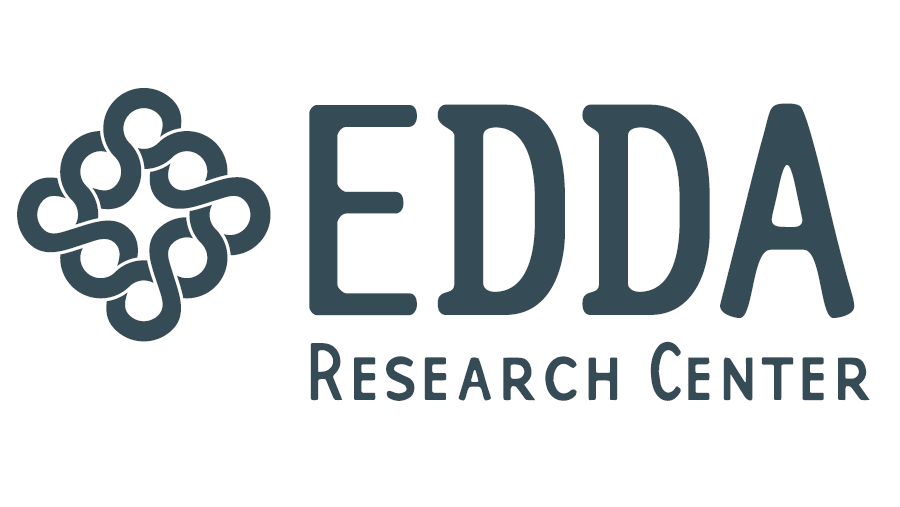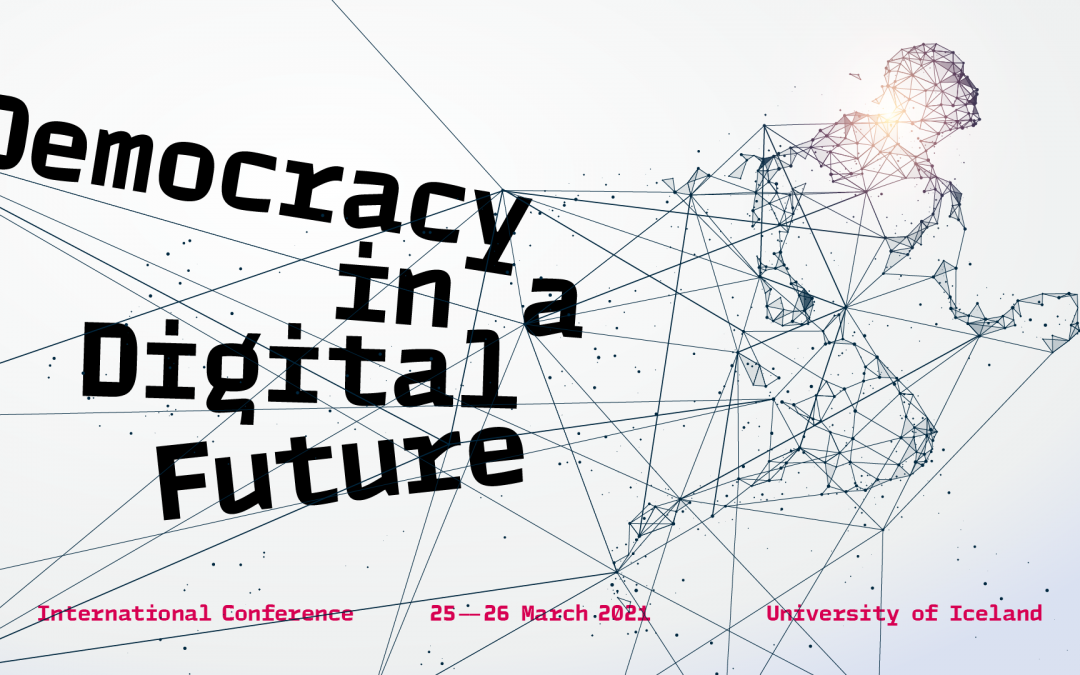The digital era is changing the terms on which democracies operate. The Prime Minister’s Office of Iceland hosts an international conference on the challenges of digital technologies for democracy, equality and the rule of law in cooperation with the EDDA Research Center at the University of Iceland, the Icelandic Parliament and the Media Commission of Iceland. The conference is held electronically and in Harpa Conference Center in Reykjavík 25–26 March 2021. In-person participation depends on gathering restrictions.
As the global reach of tech platforms, big data and algorithmic decision-making continue to expand, the conference will bring together experts, academics and political representatives to discuss how new forms of communication and information-gathering could work to reinvent rather than undermine democratic institutions and processes. The rise of social media platforms, together with the collapse of news media, has created a new information environment that is vulnerable to new forms of manipulation and control. Meanwhile, the transformation of social interaction and personal experience into digital data has facilitated the centralization of pervasive surveillance capabilities in the hands of private corporations and governments. Likewise, the data-informed application of algorithms, automation and predictive analytics to public regulation and law enforcement is raising serious rule-of-law concerns about due process, discrimination and inequality as well as the lack of transparency and accountability.
The conference will address the role of government and public policy in upholding democratic, rule-of-law procedures and human rights amidst these technological developments. Can the digital sphere be regulated while protecting and enabling the new democratic possibilities it affords?
Participants include Shoshana Zuboff, Professor Emerita at Harvard Business School, David Runciman, Professor of Politics at the University of Cambridge, Mireille Hildebrandt, Professor of Law and Technology at Vrije Universeit Brussels, and Virginia Dignum, Professor of Computing Science at Umeå University.
Recordings from both days of the conference can be found here

